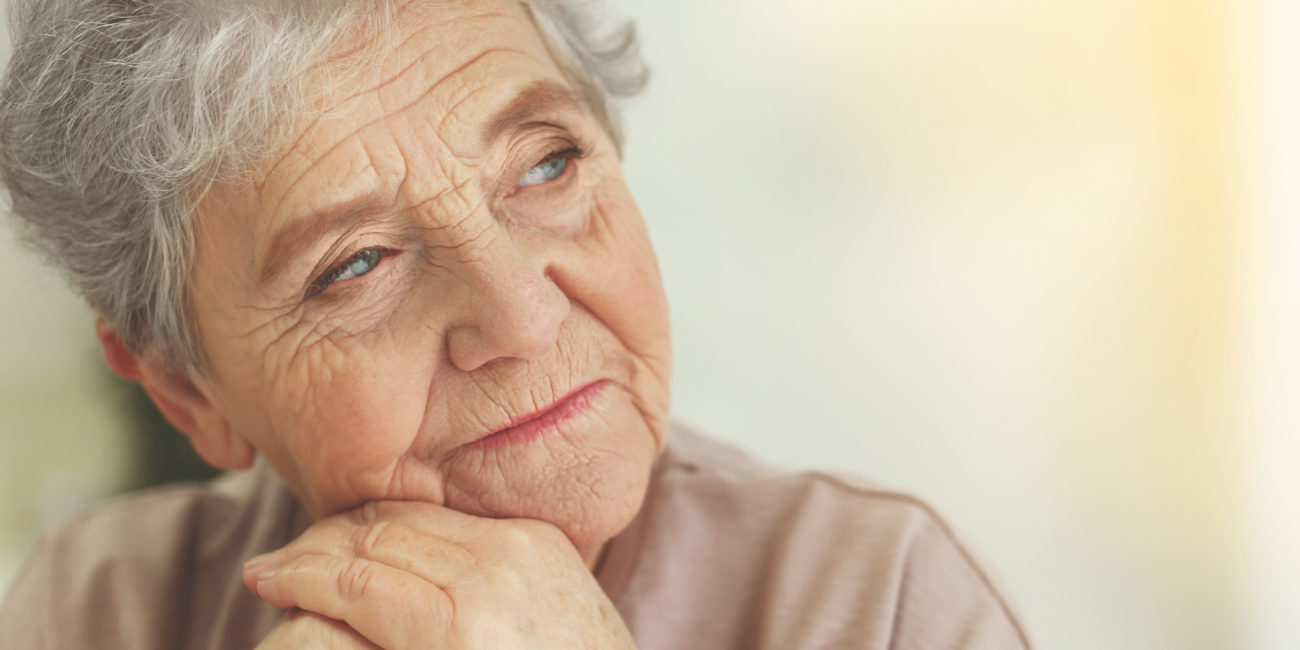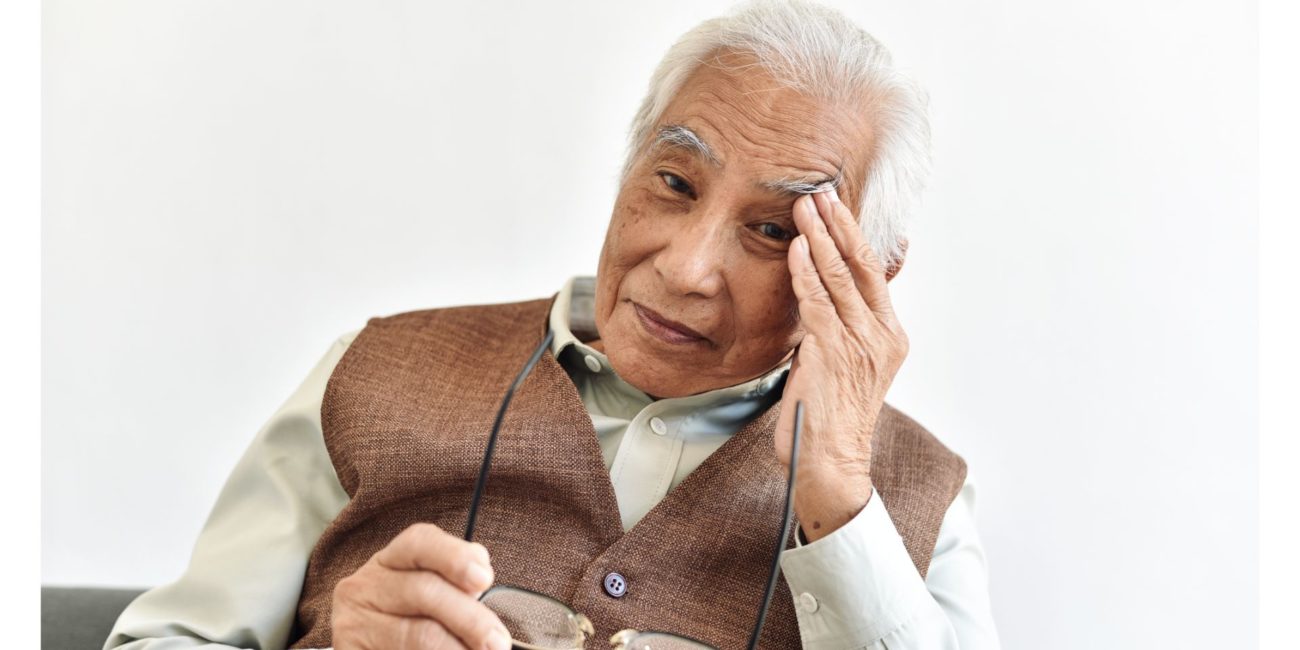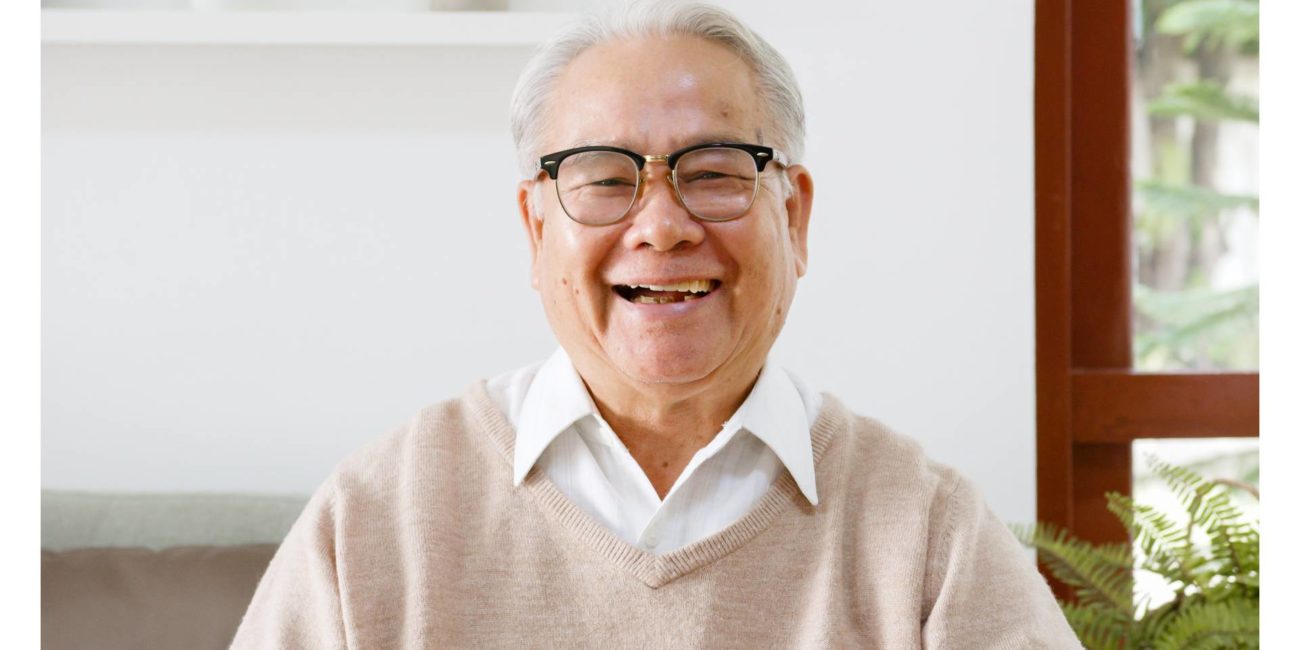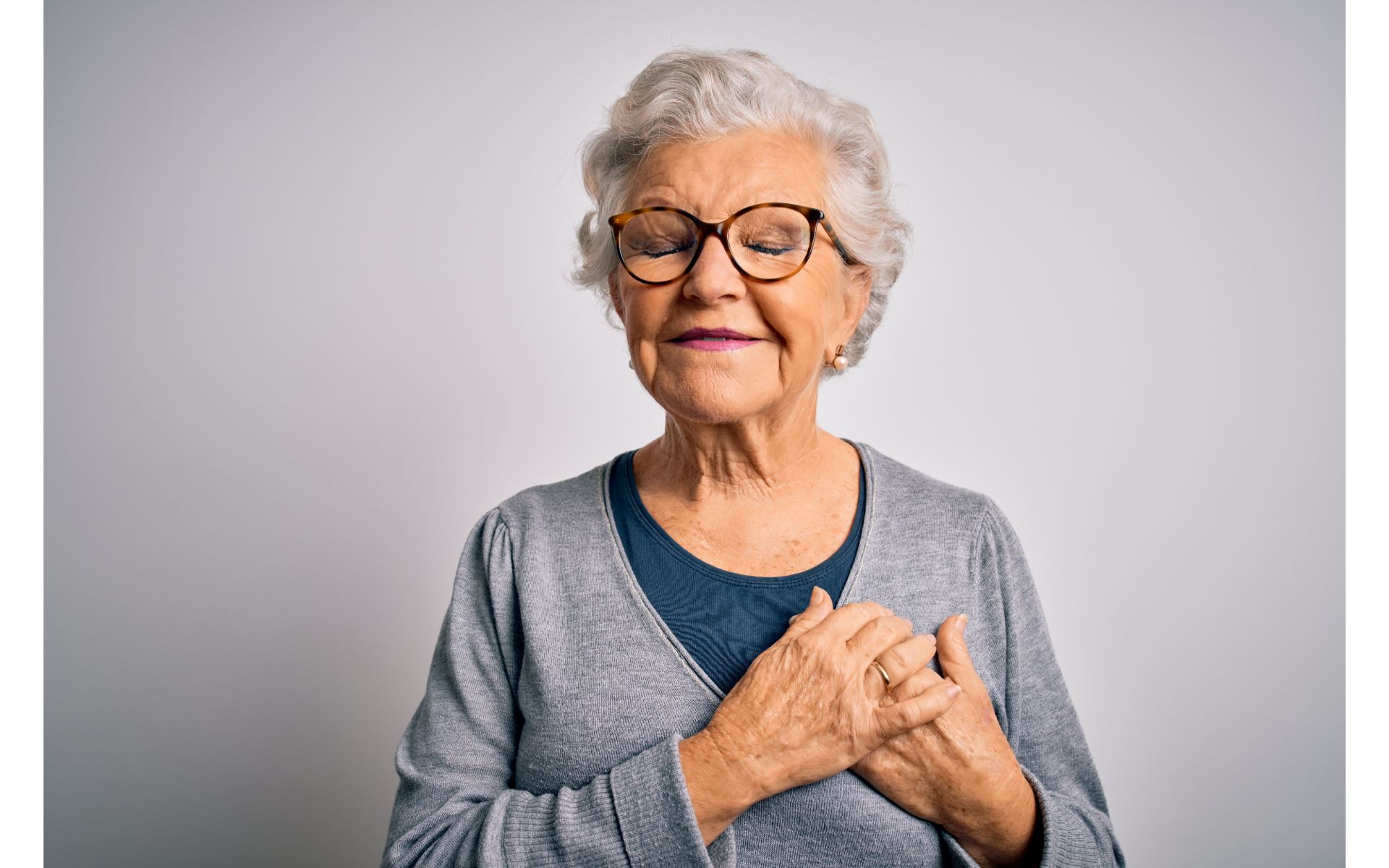Elderly & Mental Health Needs
As many as one in five older adults experience mental health issues, the most common of which are anxiety or mood disorders (such as depression). In most cases, these mental health issues respond well to treatment. Sadly, far too often older adults do not seek or receive the help they need. Left undiagnosed and untreated, mental health illnesses have serious implications for older adults and their loved ones. This is why it’s important to understand the signs.


Mental Health Needs are A Common Part of Aging
Older adults tend to experience strings of losses that can have significant effects on sustained mental health. Oftentimes, seniors will struggle to come to terms with physical decline, which entails the loss of ability to perform tasks and activities that were once taken for granted. The loss of stamina, physical looks, and physical activity becomes both physically and mentally exhausting to the average senior. Those who struggle to cope can benefit from the support of family, peers, and professionals.
Sometimes, your senior loved one will have to witness their peers pass away with age and illness. This can be a seemingly never-ending parade of grief. Open and honest communication is important as they navigate these milestones, so you can be aware of mental illness beyond normal grieving. Deep, lingering sadness, significant changes in behavior, agitation, and sleep loss may signal clinical depression. In this case, you may want to seek professional help for your loved one’s mental health needs.


Mental Health Is As Important As Physical Health
Good mental health contributes greatly to increased physical well-being. Untreated mental health disorders in older adults can lead to diminished functioning, substance abuse, poor quality of life, and increased mortality. Research shows mental illness can slow healing from physical illnesses. With this in mind, it’s good to remember that mental and physical health are intrinsically linked, and that attention to mental health is important for lasting physical health.


Healthy Older Adults Can Continue to Thrive, Grow, and Enjoy Life
Your older loved ones have things in their lives that bring them enjoyment and fulfillment. Indulgence in those activities is important for a grounded sense of self. Reading, walking, and socializing are just a few of the activities that many individuals enjoy at any age. Exercising one’s mind and body and maintaining social connections are good for one’s mental health.


Mental Health Problems are A Risk for Older Adults, Regardless of Their History
While some adults manage chronic mental illness throughout their lives, mental health problems can also appear late in life. Sometimes mental health deteriorates in response to a stroke, Parkinson’s disease, cancer, arthritis, diabetes, or even some medications. Older adults without a history of substance abuse may abuse medications, alcohol, or drugs. As much as 20% percent of older adults battle mental health disorders.
Suicide Is A Risk Among Older Adults
Older adults have the highest suicide rate in the country. Adults ages 85 and older have the highest suicide rate and those ages 75 to 84 have the second highest. In addition, older adult suicide attempts are more lethal. For those 65 and older, there is one suicide for every four attempts compared to one suicide for every 20 attempts for all other age groups. 75 percent of those who committed suicide visited a primary care physician within a month of their suicide.
These symptoms call for consultation with a healthcare professional:
- Prolonged sadness — sadness that has lasted longer than two weeks
- Consistent worries about issues such as money, family, and health
- Consistent trouble sleeping or sleeping more than usual
- Difficulty concentrating
- Frequent trouble remembering things or feeling confused in familiar places
- Consuming more than one alcoholic drink a day or taking more medication than prescribed
- Energy loss
- Irritability, anger, or pessimism
- Nervousness or restlessness
- Feelings of worthlessness, hopelessness, or helplessness
- Loss of interest in favorite activities
- Eating more or less than usual
- Recurring thoughts of death or suicide


Older Adults Can Be Helped with the Same Success As Younger People
As loved ones age, they often face many of the same difficulties they faced earlier in life, amplified because of the loss of social support (friends and family). Eighty percent of older adults recover from depression after receiving treatment from a trained professional.
Our Health System is Not Adequately Helping Older Adults with Mental Disorders
Researchers estimate that up to 63 percent of older adults with mental disorders do not receive the services they need. Senior care, especially mental healthcare, is one of the most ignored issues in America. Society often pushes seniors into the margins, and few healthcare and mental healthcare professionals deal with specializations, such as geriatric psychology, that can help senior citizens. Hopefully, older adults will soon receive more attention from the medical community.
Misdiagnosis and Avoidance Are Common
If older adults take several medications for a variety of illnesses, drug interactions and side effects can affect mood and behavior.
- Primary care physicians fail to diagnose depression 50 percent of the time.
- Only half of older adults who discuss specific mental health problems with physicians receive any treatment.
Depression is sometimes misdiagnosed as dementia — a decline in mental ability that can be caused by Alzheimer’s disease, a stroke, a brain tumor, or other illnesses. People with dementia have problems with at least two brain functions, such as memory and language.
An older adult with depression may exhibit dementia-like symptoms, such as forgetfulness, disorientation, and inattentiveness. This so-called pseudodementia sets in after the person has already shown signs of depression. Someone with depression-related pseudodementia will complain about memory loss, whereas a person with Alzheimer’s disease or another form of dementia will try to conceal memory loss. It’s also not unusual for a person with dementia to develop depression.


Older Adults Have Unique Mental Health Needs
Changing bodies and chemistry, changes in family and friendships, and changes in living situations all influence mental health and need to be addressed. Sometimes, solving basic problems for the older adults in your life can lower their stress, improve connections, and improve their outlook and mood.
Left untreated, mental illness can affect an individuals’ physical health and quality of life. Ask your loved one or resident if he or she feels sad or anxious. Listen carefully and offer emotional support. Consult with a professional, such as those at WellQor, who are trained specifically in the needs of older adults.
About the Author
Candace Williams, LCSW, ASW-G, FDC, CMS, FDC, MCPM, is the Director of Clinician Development for WellQor, the nation’s leading provider of behavioral health services for Seniors. Candace received her MSW from Columbia University, and has spent over 20 years in the field developing unique interventions to better the lives of her clients. Throughout her time in the field, Candace has worked as a certified geriatric social worker, certified mediator, crisis management specialist, and family development specialist. She received the UnSung Heroes Award for her work during September 11th, where she supervised the disaster welfare inquiry center. For the last 10 years, she has specialized in working with older adults and their families, establishing herself as an industry expert with multiple published works, and regular public appearances speaking on the emotional and cognitive health of seniors. At WellQor, Candace has created an extensive clinician training program, and continues to oversee the professional development and training of new clinicians. She also moderates their unique Clinician Connect platform, where psychologists and social workers collaborate to identify the appropriate interventions for older adults who are in need of support.



Leave a Reply